Green Flag has undergone a "technological transformation" to enable it to refocus on the fleet sector after previously withdrawing from the market.
The breakdown provider took a step back from the business-to-business (b2b) sector five years ago to re-build its fleet offering from the ground up.
While not having focussed on the corporate market, its customer base has been drawn from direct business through the Green Flag website, indirect sales through comparison websites and a broad range of partners.
However, it is now eyeing growth in the fleet sector, with the belief its well-equipped to cater for needs of corporate customers.
“It was a deliberate decision on our part (to withdraw from b2b business),” says Sarah Roberts, head of strategic partnerships for rescue at Green Flag.
“Over the past four to five years, we’ve embarked upon a full technology transformation within Green Flag... building out our infrastructure and from the ground up.
“We took a step back from b2b partnership business, specifically because we didn’t want to compromise our offerings.”
Green Flag has undergone a "technological transformation" to enable it to refocus on the fleet sector after previously withdrawing from the market.
The breakdown provider took a step back from the business-to-business (b2b) sector five years ago to re-build its fleet offering from the ground up.
While not having focussed on the corporate market, its customer base has been drawn from direct business through the Green Flag website, indirect sales through comparison websites and a broad range of partners.
However, it is now eyeing growth in the fleet sector, with the belief its well-equipped to cater for needs of corporate customers.
“It was a deliberate decision on our part (to withdraw from b2b business),” says Sarah Roberts, head of strategic partnerships for rescue at Green Flag.
“Over the past four to five years, we’ve embarked upon a full technology transformation within Green Flag... building out our infrastructure and from the ground up.
“We took a step back from b2b partnership business, specifically because we didn’t want to compromise our offerings.”
There was, instead, a complete focus on developing the technology to give the business “strength to offer brilliant services and products”, explains Roberts.
She would not disclose how much money the business had spent on developing its new systems, but says it was a “significant” sum to enable it to “challenge and take on the market”.
“We’ve worked on improving dispatch tracking systems... we’ve developed smarter digital platforms,” Sarah Roberts, Green Flag
“That investment's really been pivotal in building out that new purpose-built system,” she adds, “enabling us to elevate customer experience… which now really enables us to quickly go out to market and offer that to b2b fleet in particular.”
She also stressed its investment was ongoing. “That technology transformation is not a ‘once and done’ by any stretch,” says Roberts.
“There’s a multi-year technology roadmap now that we are building upon, which will serve both our direct customers and our b2b customers.”
“We’ve worked on improving dispatch tracking systems... we’ve developed smarter digital platforms.”
She adds: “It (the technology transformation) touches every part of our business, and now really enables us to operate far more efficiently and offer transparency to those b2b partnerships. It’s really important to us.”
New technology helps secure Northgate deal
Signalling its return to the fleet sector, Green Flag, which is owned by the Direct Line Group, secured a breakdown and recovery contract with Northgate for both commercial vehicles and personal hire cars across the UK, in March.
The vehicle hire company highlighted Green Flag’s technology, which it said enabled its customers to get back on the road as quickly as possible, as one of the reasons behind awarding the contract.
Northgate’s MD Neil McCrossan said he was “impressed” that Green Flag offered a “comprehensive technical solution, with owned patrols that can provide parts at the roadside”.
“This capability allows us to get our valued customers back on the road faster than would be possible with alternative breakdown providers.”
Roberts adds: “We really worked hard at the outset with Northgate to understand what was important to them.
“What could we automate that would make everybody’s lives easier, keep costs down, get to customers quickly.”
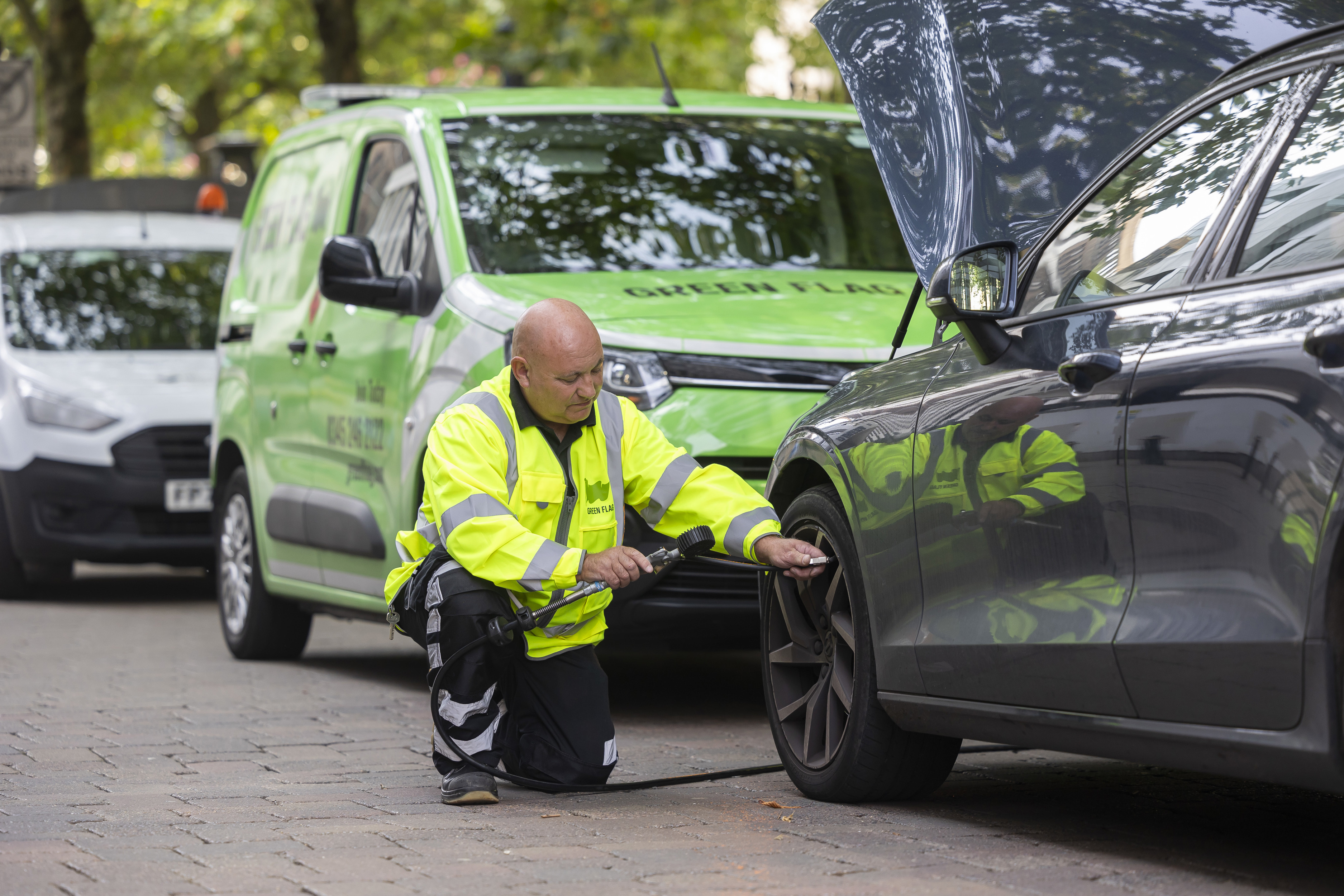
She says a “partnership ethos” is important both for her personally and for the company.
“You have to work together, shared objectives, shared goals,” she explains. “That can’t just be when you start a contract. That has to be throughout the entirety of that relationship.”
Sending the ‘right resource at the right time’
Green Flag’s breakdown recovery fleet offers nationwide coverage through 68 directly employed technicians that operate in Green Flag liveried patrol vehicles and a further 3,000-plus technicians from 243 partners.
Its patrol fleet has grown over the past few years, with a dozen more technicians set to join the team, and the company is keen to increase numbers further.
“We’d love to attract people into the industry and into Green Flag,” says Damon Jowett, director of customer, roadside and network services at Green Flag.
Jowett explains that the technology re-build is giving the business an advantage in both front-end sales and call out management, ensuring it sends the “right resource at the right time” and tracks recovery progress.
“What it's also done is given us a foundation to be able to build our patrol force,” says Jowett.
“The complexity of owning your own is very different to just giving jobs out to a third-party network.”
The new system, however, enables customers to not only see the progress of Green Flag operated patrols, but also those of its third-party breakdown and recovery providers.
“We can track that through the app, so the customer can physically see the vehicle arriving to them and get updates,” explains Jowett.
“We can send updates on when we expect to arrive, when we arrive, and then we can follow that up at the very end by really understanding what the customer thought of us.”
A key advantage in the system Green Flag has developed, according to Jowett, is its flexibility.
“A fleet business like Northgate here has got many different relationships with many different partners and assets, but you’re working with one partner, so you’ve got to be flexible to those many different facets,” he says.
“It’s not a one size fits all time arrangement. Having that flexibility is really a big USP (unique selling point) for us to be able to adopt that and then manage that flexibility within the grand scheme of that relationship with Northgate.”
Customer-centric approach a priority
Putting the customer, both the driver and fleet operator, at the heart of their approach, is a priority for Green Flag, says Jowett.
Call-out response times to roadside are consistently sub-60 minutes, on average. “We prioritise where applicable, and that could be prioritised on vulnerability or it could be prioritised on situation,” he adds.
“We’re really focused on that metric, but we’re also... making sure we’re delivering the right outcome to the customer at the right time.”
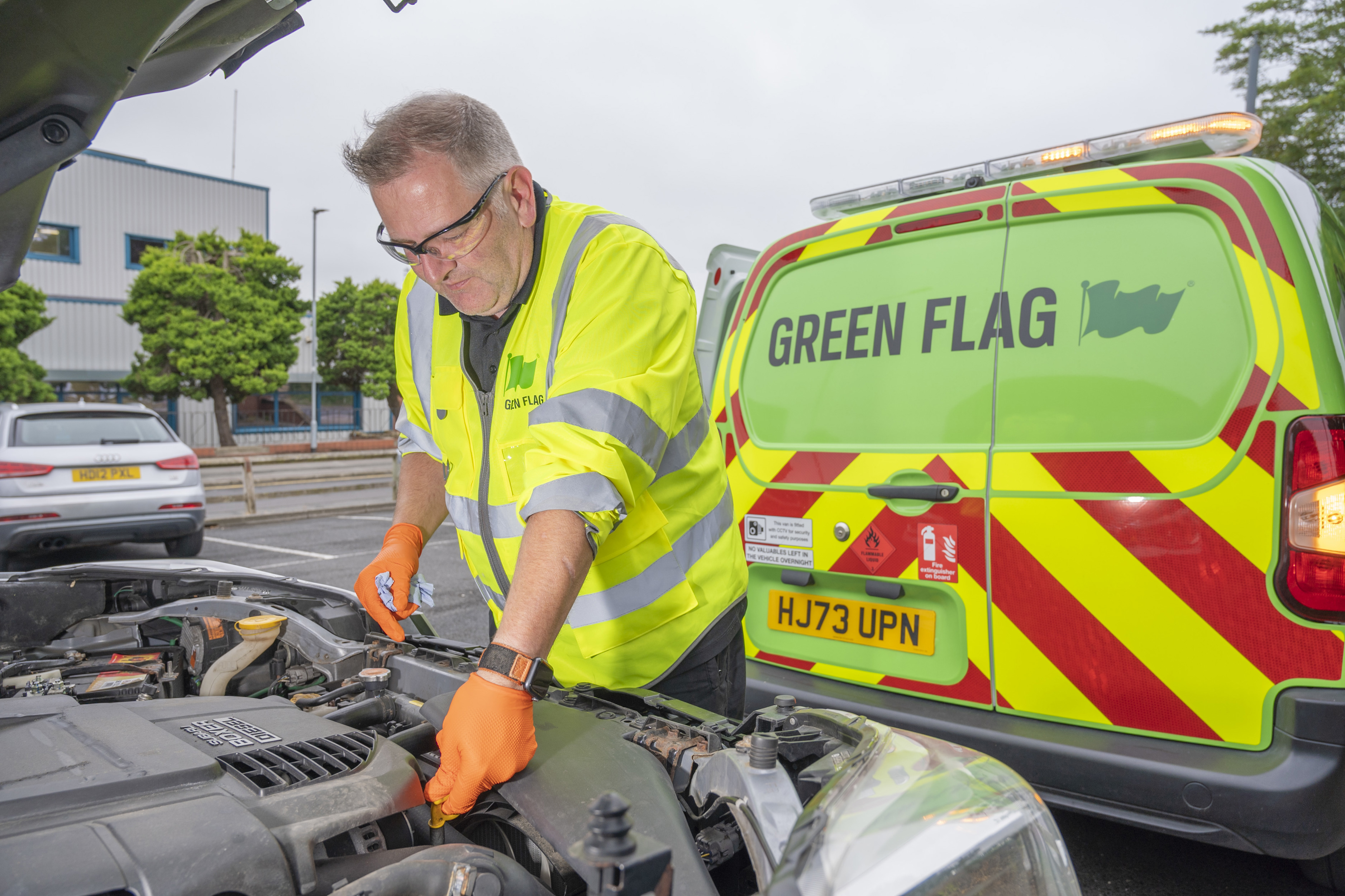
The Institute of Customer Service, in its latest UK Customer Service Index (UKCSI), showed that Green Flag scored highly, with a score of 80.1 versus an all-sector average score of 76.1 (see table below).
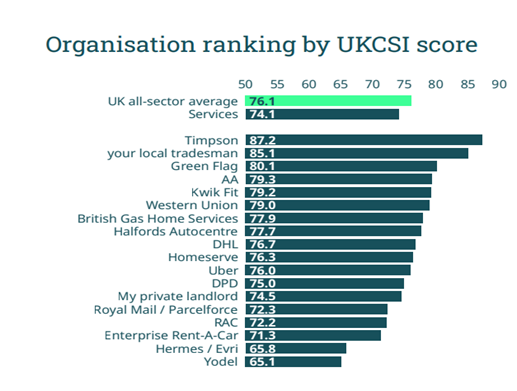
Source: Institute of Customer Service
Roberts explains: “The customer will remain absolutely first and foremost our priority in any partnership that we have, whether that’s direct with the customer or whether it’s with fleet.”
In the provision of its services to Northgate, for example, it’s “particularly important”, because she says that the “downstream impact of not getting it right for those customers could be the decision between companies renewing their fleet with Northgate”.
She adds: “Really understanding those downstream impacts, transparency and authenticity is how we operate, and the fact that we've got near real time data capabilities just gives partners, fleet companies, that transparency of where their vehicles are at any one time, how long it’s going to take us to get vehicle from A to B, and really just helping maintain vehicle off road time,”
Providing a patrol fleet that is EV ready
The reality is that the overwhelming majority of breakdowns that Green Flag attends is for internal combustion engine (ICE) vehicles.
Nevertheless, with an increasing number of electric vehicles (EVs) being deployed, particularly by the fleet sector, Jowett says that their patrols are EV trained, and their vehicles are equipped with the latest technology to ensure they are EV ready.
In addition, Jowett says that Green Flag is able to “leverage” knowledge from operating its own accident repair centre network, which regularly repairs EVs, and its technology centre in Birmingham, where it trains its technicians.
It is working with Ford as it investigates how to electrify its own fleet. “The van that we use is the very latest Connect, and we’re just waiting on the EV model of that coming out, which we’ll start to deploy as and when it does,” he adds.
Catering for fleets large and small
Roberts says that Green Flag is open to conversations with all kinds of different fleets to understand what they are looking for and what they are trying to achieve.
“We’d love to chat and talk people through all of the technology… in terms of how we can help deliver great outcomes for customers,” she explains.
“Part of the work that we’re doing now is really getting the message out that we are open for business, that we built all of this infrastructure and we're really ready to take on new business.”
She concluded: “This is an ongoing commitment to help make our processes as efficient as possible.”
Login to continue reading.
This article is premium content. To view, please register for free or sign in to read it.

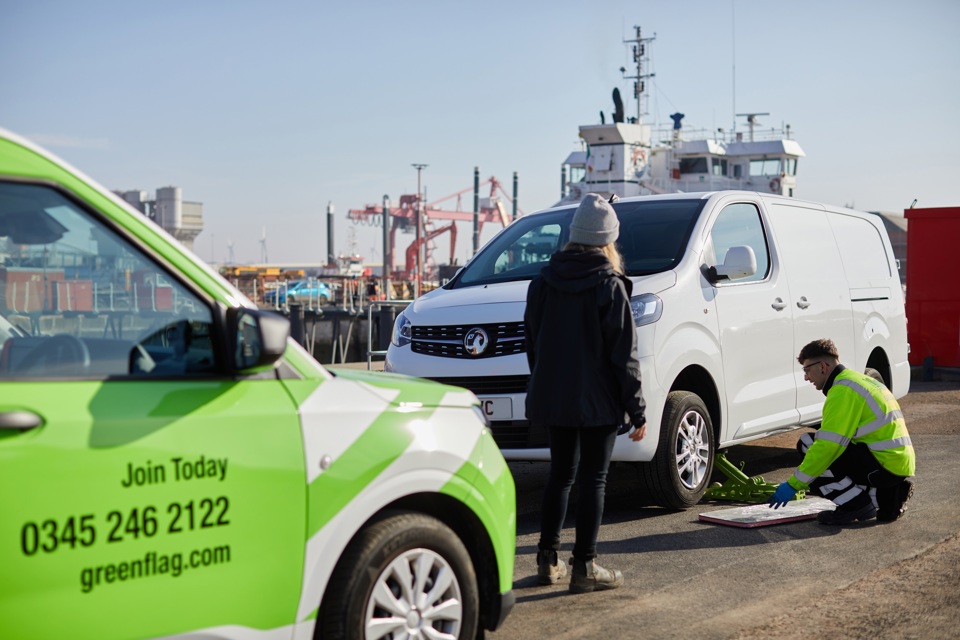





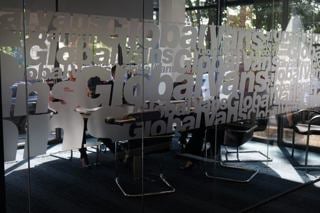
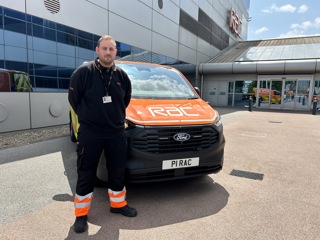
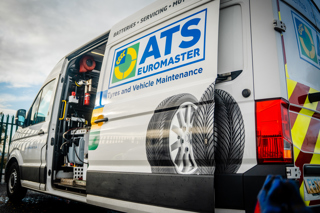
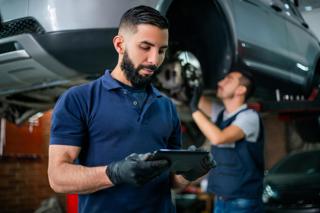











Login to comment
Comments
No comments have been made yet.